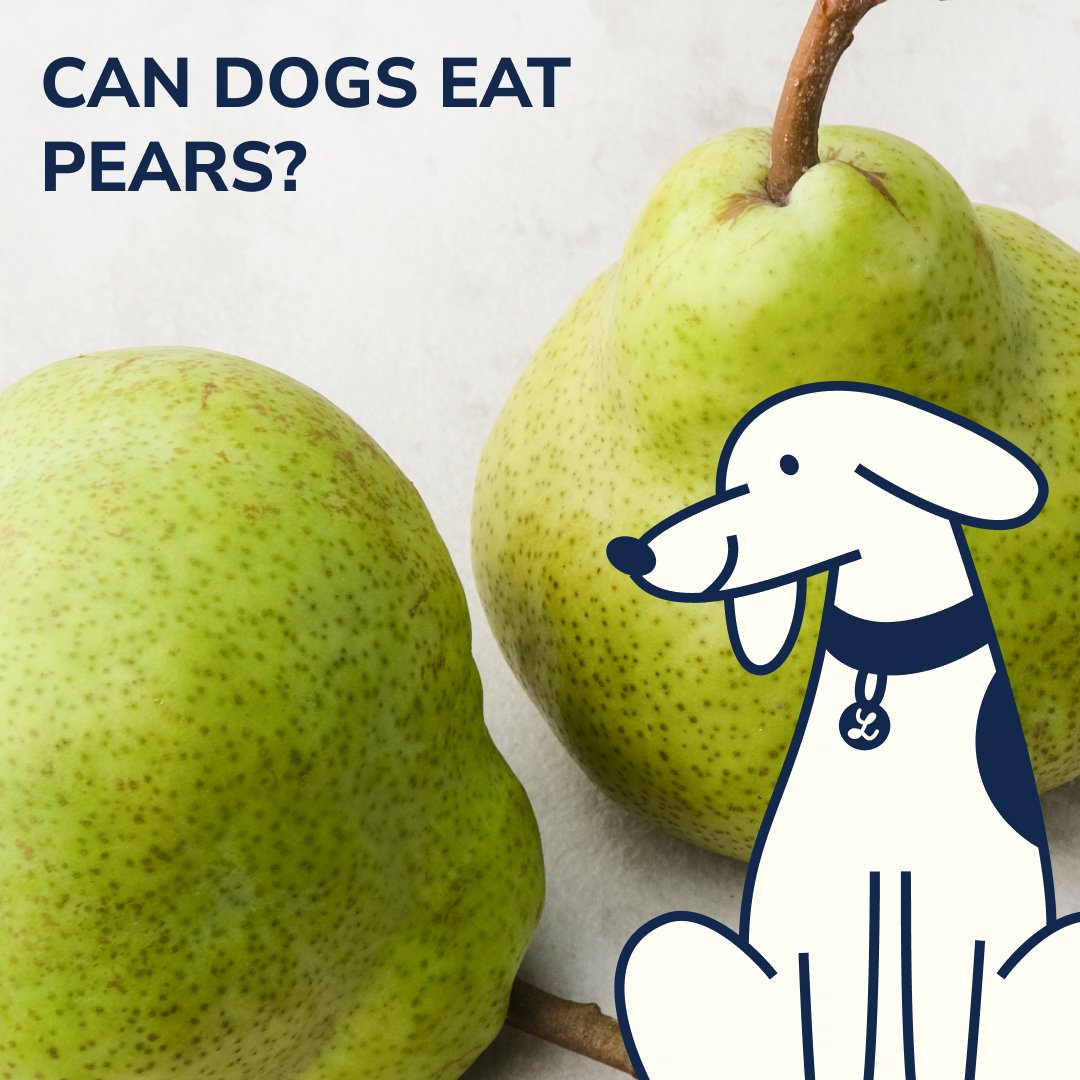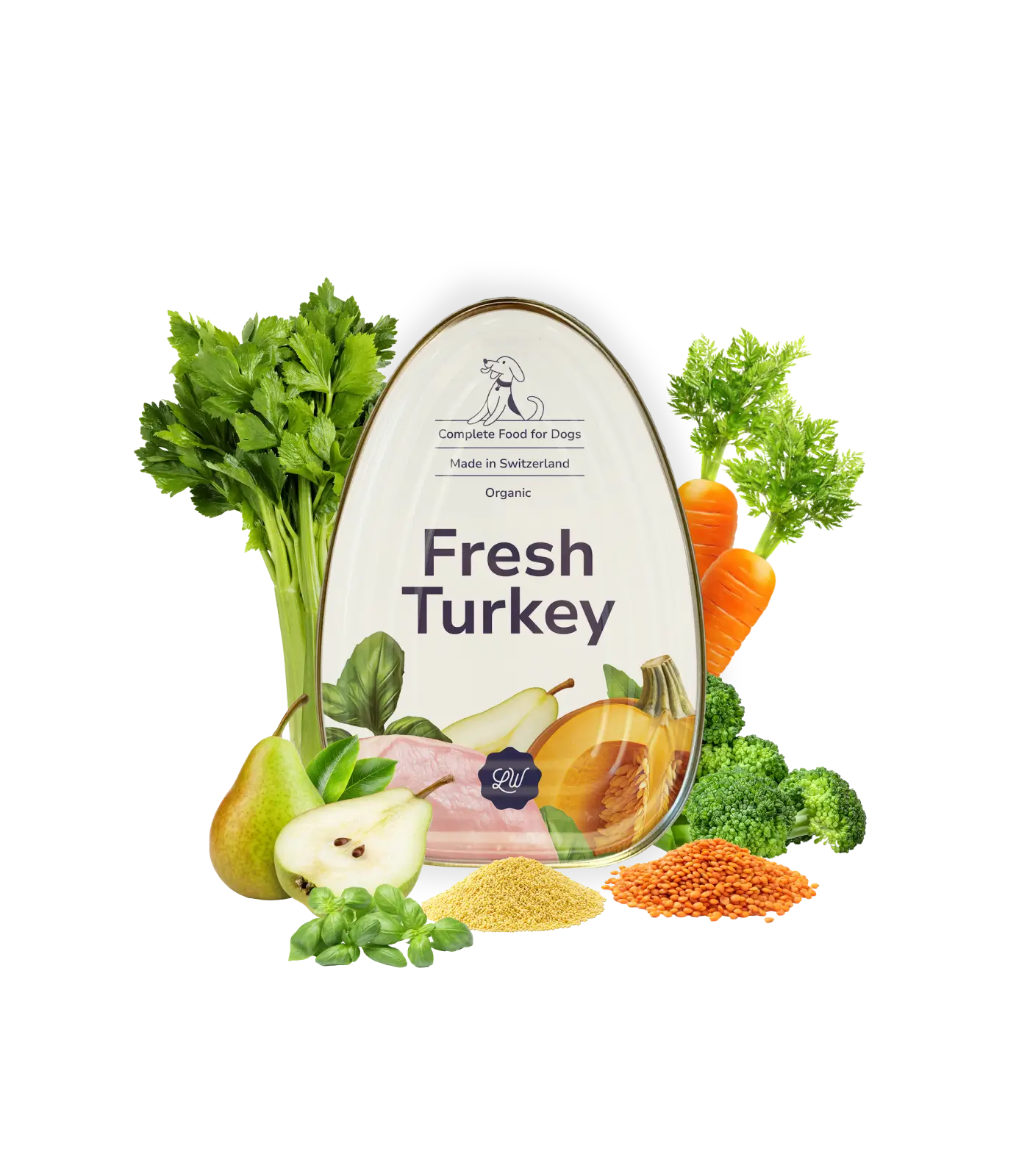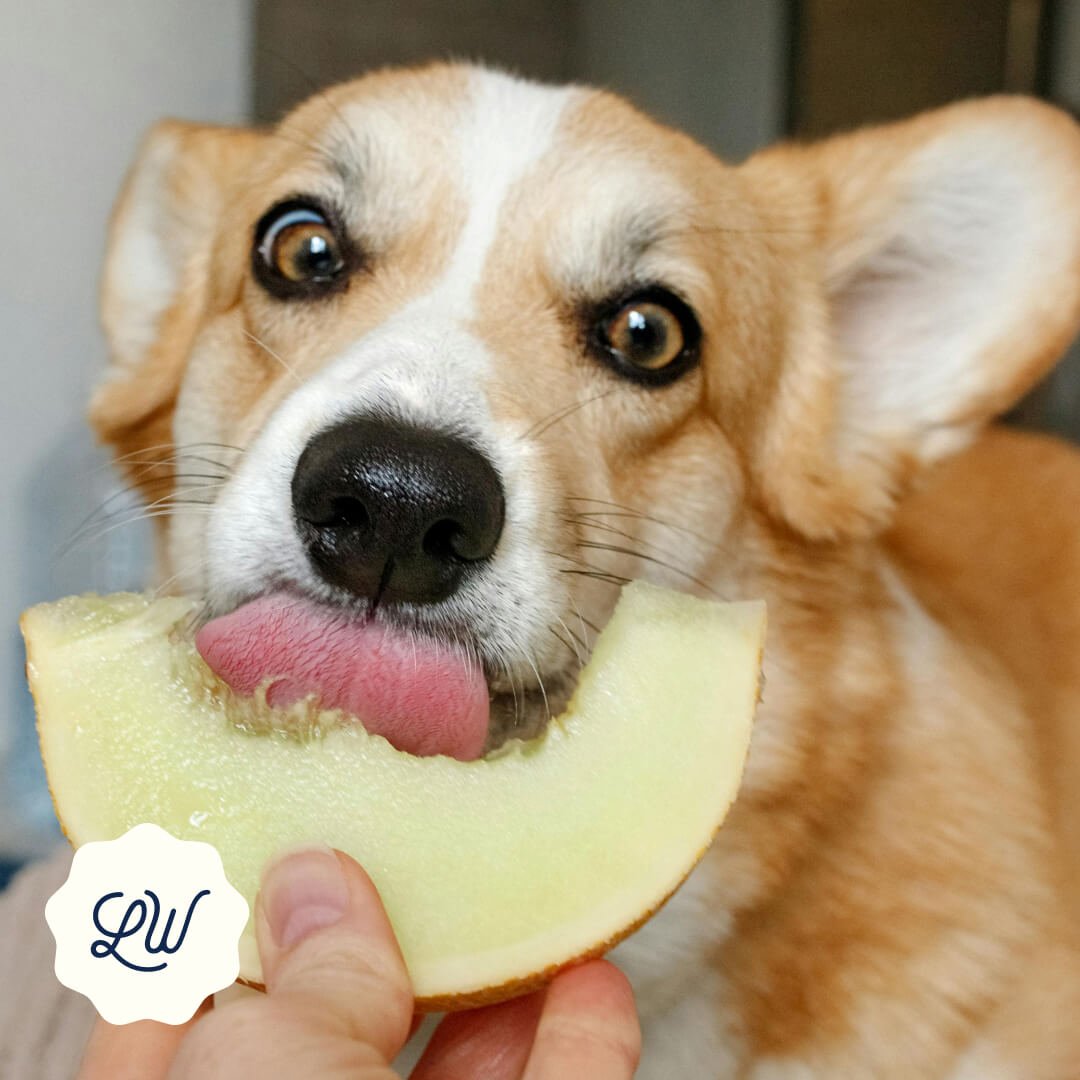As the summer months roll in, bringing with them the ripe and juicy bounty of pears, many dog owners may find themselves wondering if this delightful fruit can be safely shared with their canine companions. The simple answer is "yes" but with a few important considerations. In this article, we'll explore the nutritional benefits of pears for dogs, how to safely introduce this fruit into their diet, and what precautions to take to ensure your pet’s health and happiness.
The Nutritional Benefits of Pears for Dogs
Pears, typically in season from July to October, are a nutritious and tasty snack that can offer several health benefits for your dog when served properly. Here are some key nutritional components of pears:
- Vitamins and Minerals: Pears are rich in vitamins C, copper, and potassium. Vitamin C is essential for a healthy immune system and minerals like copper and potassium aid in maintaining a healthy heart and proper nerve function.
- Dietary Fiber: Pears are a great source of dietary fiber, which can help regulate your dog's digestive system. Fiber promotes healthy bowel movements and can help prevent constipation or diarrhea.
- Antioxidants: The antioxidants found in pears can help fight free radicals in your dog’s body, reducing inflammation and potentially lowering the risk of chronic diseases.
- Low Caloric Content: Pears are low in calories, making them a good treat option for dogs that need to manage their weight.
Introducing Pears to Your Dog’s Diet
When introducing any new food to your dog’s diet, it’s important to do so gradually and with care. Here’s a step-by-step guide to safely feeding pears to your dog:
- Choose Fresh, Ripe Pears: Always select fresh, ripe pears. Avoid canned pears as they often contain added sugars and preservatives, which are not healthy for dogs.
- Wash Thoroughly: Ensure the pear is thoroughly washed to remove any contaminants that could harm your dog’s digestive system.
- Remove Seeds and Core: Pear seeds contain traces of cyanide, which is toxic to dogs. Always remove the seeds, core, and stem before feeding pears to your dog.
- Cut into Small Pieces: Cut the pear into bite-sized pieces to prevent choking, especially for smaller dogs.
- Start Slowly: Introduce pears slowly into your dog’s diet. Start with a small piece and monitor for any adverse reactions, such as stomach upset or allergic reactions.
The Benefits of Pears for Dogs
Adding pears to your dog’s diet can provide several benefits:

- Improved Digestion: The high fiber content in pears can aid digestion and help maintain a healthy digestive tract.
- Boosted Immune System: The vitamins and antioxidants in pears can enhance your dog’s immune system, helping them fight illnesses more effectively.
- Hydration: Pears have a high water content, which can help keep your dog hydrated, especially during the hot summer months.
- Weight Management: Due to their low-calorie content, pears can be a good snack option for dogs that need to maintain or lose weight.
How many pears can I include in my dog's diet?

Precautions and Potential Risks of Pears for Dogs
While pears can be a healthy treat, it’s important to be aware of potential risks:
- Avoid Overfeeding: Like any treat, pears should be given in moderation. Too much fruit can lead to gastrointestinal upset and diarrhea.
- Watch for Allergies: Some dogs may be allergic to pears. Watch for signs of an allergic reaction, such as itching, swelling, or difficulty breathing, and consult your veterinarian if any symptoms occur.
- Monitor Diabetic Dogs: If your dog has diabetes, consult your veterinarian before adding pears to their diet, as the natural sugars in fruit can affect blood sugar levels.
- Always Remove Seeds: As mentioned, pear seeds contain cyanide, which can be harmful. Ensure all seeds are completely removed before feeding.
Creative Ways to Serve Pears for Dogs
To make pear treats more interesting for your dog, consider these serving suggestions:
- Frozen Pear Cubes: Freeze small pieces of pear for a refreshing summer treat.
- Pear Puree: Blend pear into a smooth puree and mix it with your dog’s regular food for added flavor and nutrients.
- Pear and Yogurt Treats: Combine pear pieces with a small amount of plain, unsweetened yogurt for a delicious and healthy snack.
- Pear Slices: Simply cut fresh pear into thin slices and serve as a quick treat.
In conclusion, pears can be a delightful and nutritious addition to your dog's diet when prepared and served correctly. With their unique composition of minerals, vitamin C, and antioxidants, pears offer numerous health benefits. However, always ensure to introduce any new food gradually, monitor your dog for any adverse reactions, and consult with your veterinarian if you have any concerns. By taking these steps, you can safely share this tasty seasonal fruit with your furry friend, enhancing the bond between you and providing them with a healthy treat they'll love.




